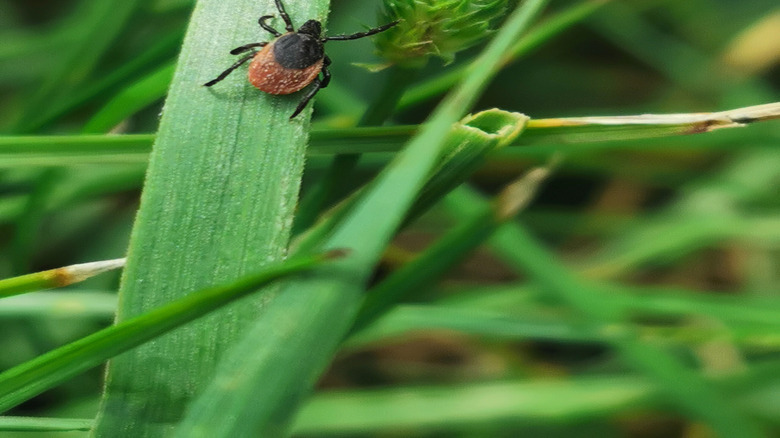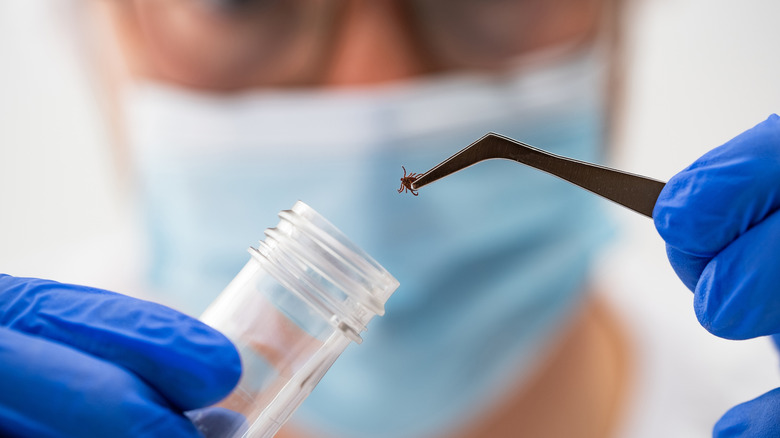
After a refreshing hike or outdoor adventure, the last thing you want to worry about is contracting a tick-borne illness, even if preventative tips are available. According to the CDC, tick-borne illnesses
are any diseases transmitted through tick bites, including Lyme disease and babesiosis. While not all ticks carry disease, those that do can transmit harmful pathogens within 24–48 hours of attachment. Understanding why these illnesses are becoming more common can help you take the right precautions to stay safe and healthy.
The New York Times reports that the increasing presence of ticks is largely driven by climate change, which has expanded their habitats and prolonged their active seasons. Warmer temperatures and milder winters create an ideal environment for ticks to flourish, putting more people at risk than ever before. Ticks are commonly found outside, typically in grassy, wooded, or brushy areas. So, you might be more at risk if you frequent hikes, go camping often, or even garden, which is why there are steps you should take after these activities to help protect yourself from tick-borne illnesses.
Read more: The Most Common Scams Tourists Should Know About Before Visiting Paris
How To Protect Yourself From Tick-Borne Illnesses

There are preventative steps you can take before and after your outdoor activities to help protect yourself from ticks, such as knowing when tick season begins -- March through November. You should also strategically plan your outfit. Some clothes can be tick magnets, and it's important to know what to wear. When hiking, camping, or gardening, long sleeves, long pants, and closed-toe shoes are your best bet to cover any skin. Tuck your pants into your socks and your shirt into your pants to minimize exposed skin.
Applying Environmental Protection Agency (EPA)-registered insect repellents with ingredients like DEET, picaridin, or oil of lemon eucalyptus can also be an added safeguard.While outdoors, try to stay in the center of trails to avoid brushing up against vegetation, which is where the ticks like to hang out. After your activity, check your clothes and throw them in the dryer before washing, as the dry heat without moisture can likely kill them.
Also, showering within two hours can help wash away any unattached ticks. Check your pets and any gear you brought with you, as ticks can latch there, too. If you find a tick, remove it promptly using fine-tipped tweezers and clean the bite area. Early detection and prevention are key to staying safe and healthy during tick season.
Ready to discover more hidden gems and expert travel tips? Subscribe to our free newsletter for access to the world's best-kept travel secrets.
Read the original article on Islands.











